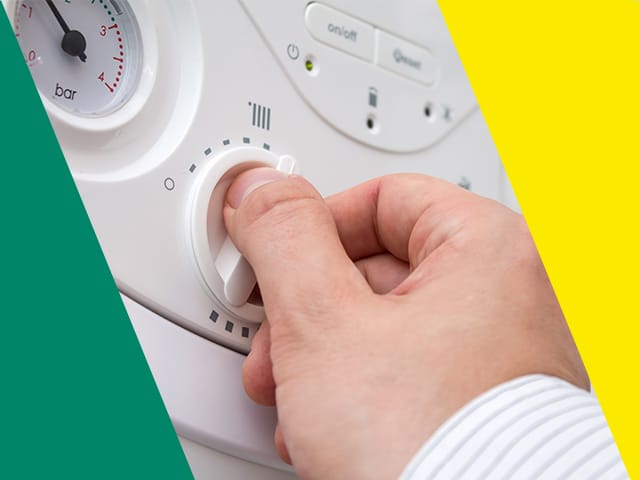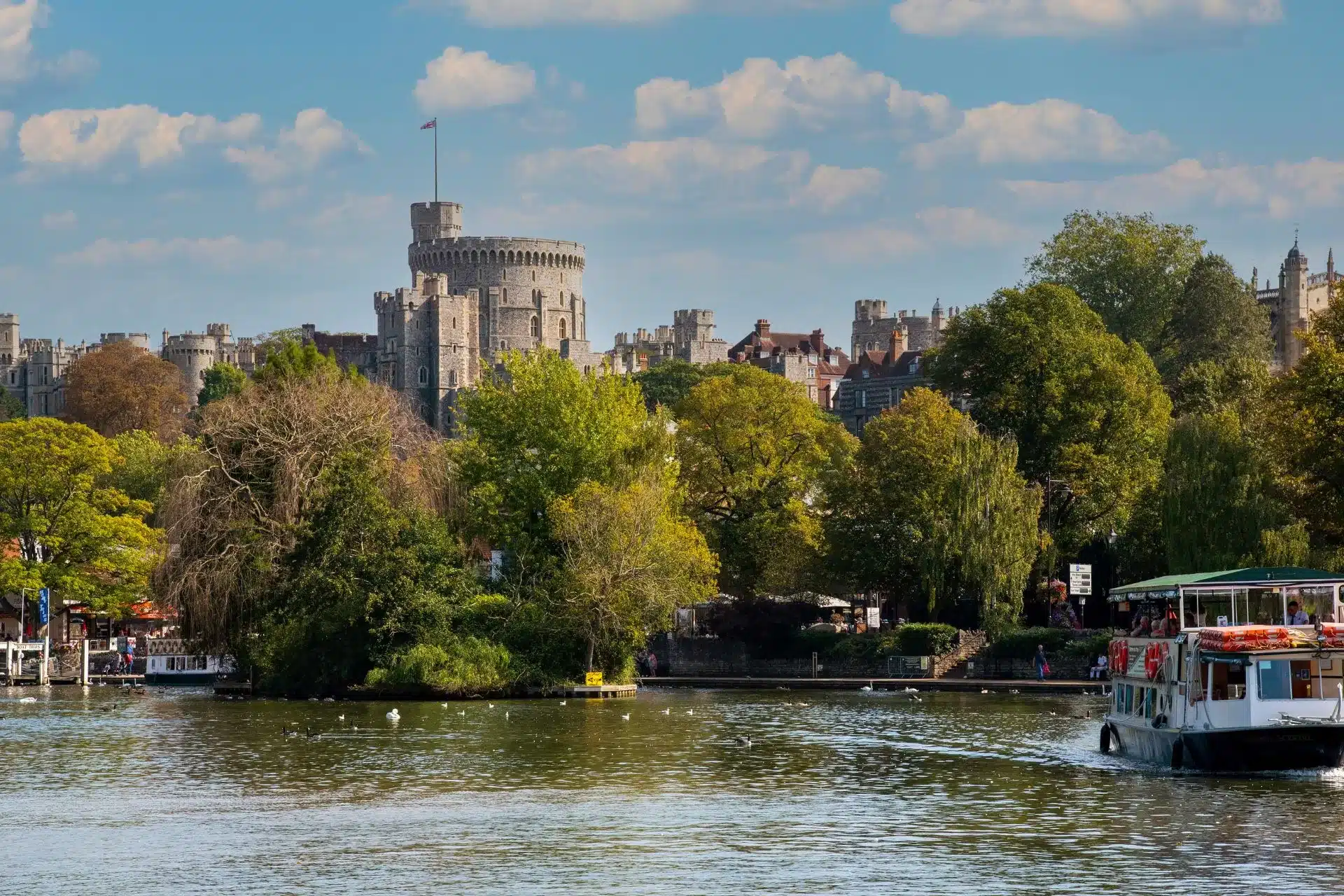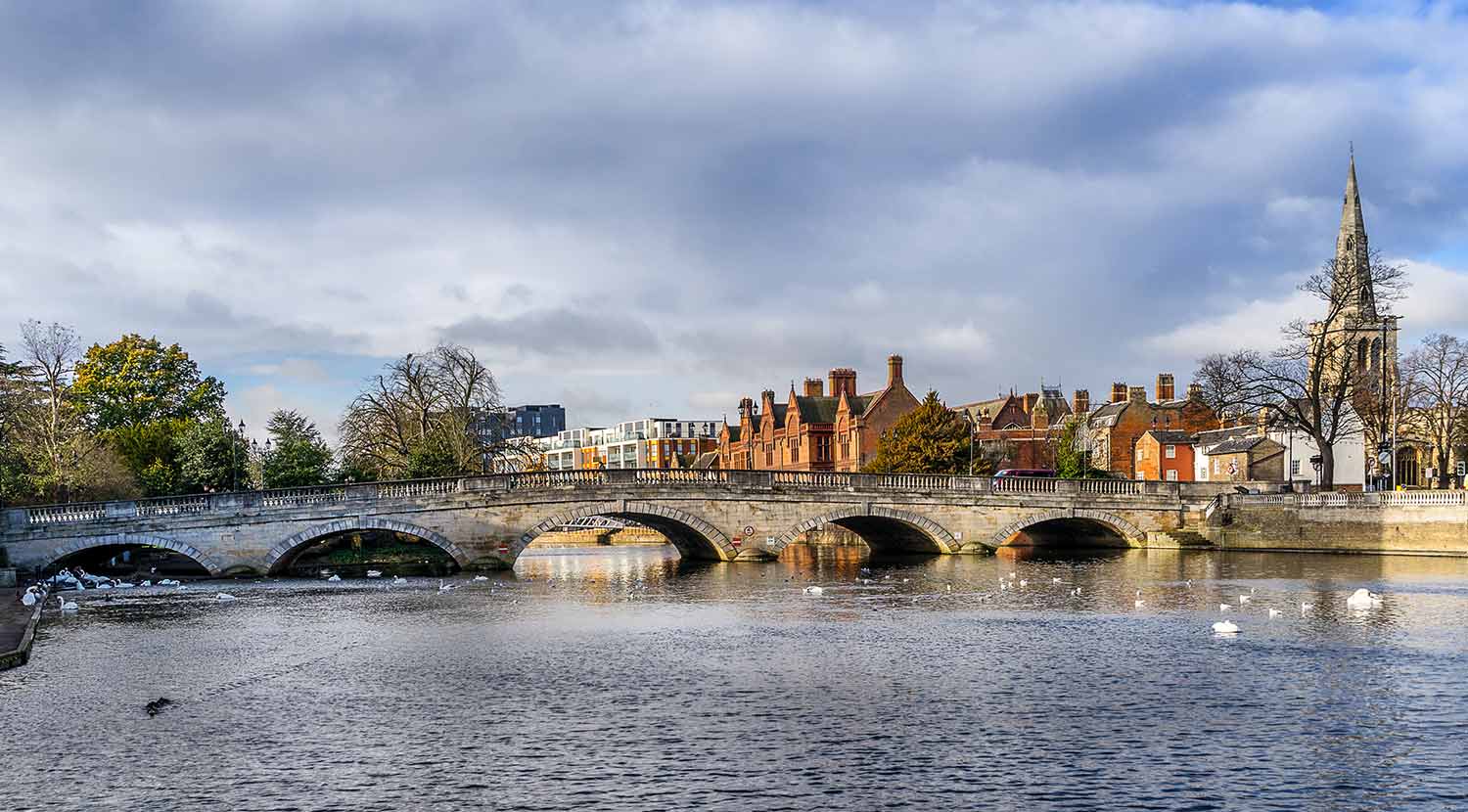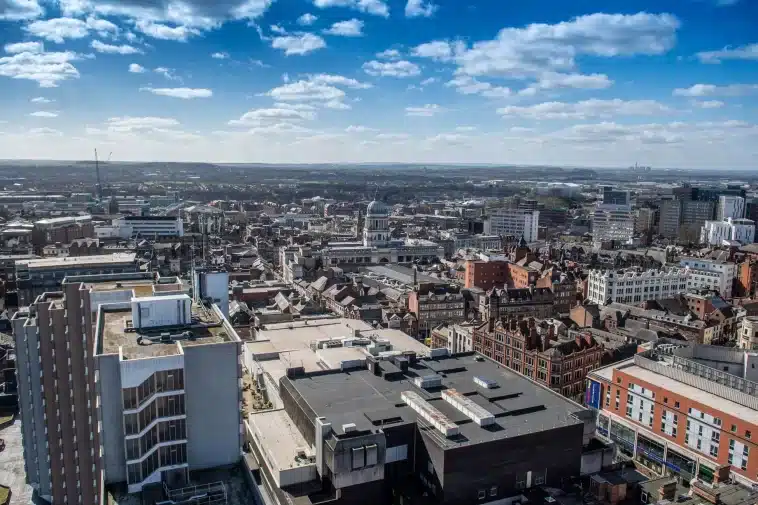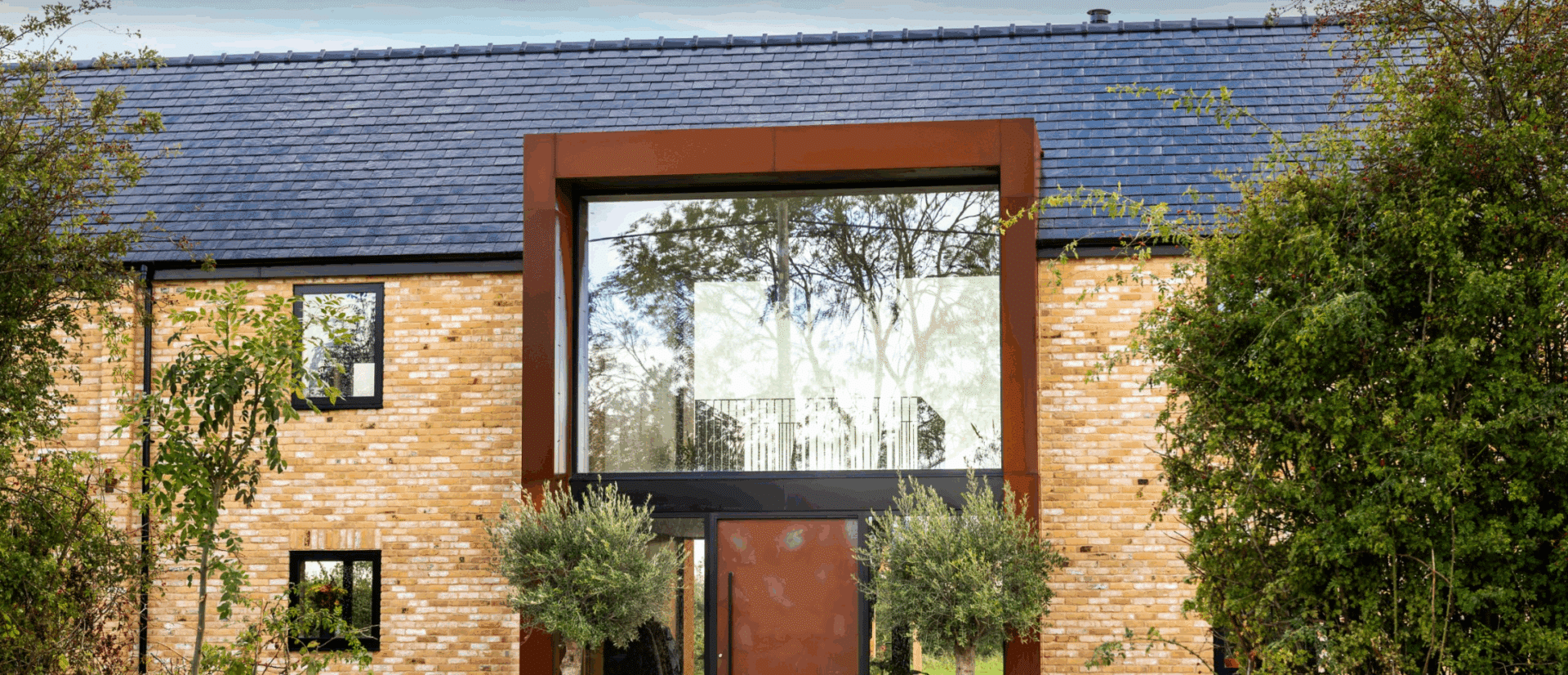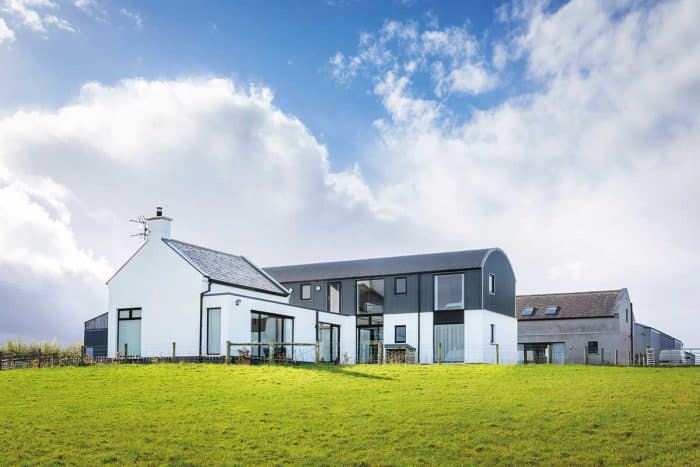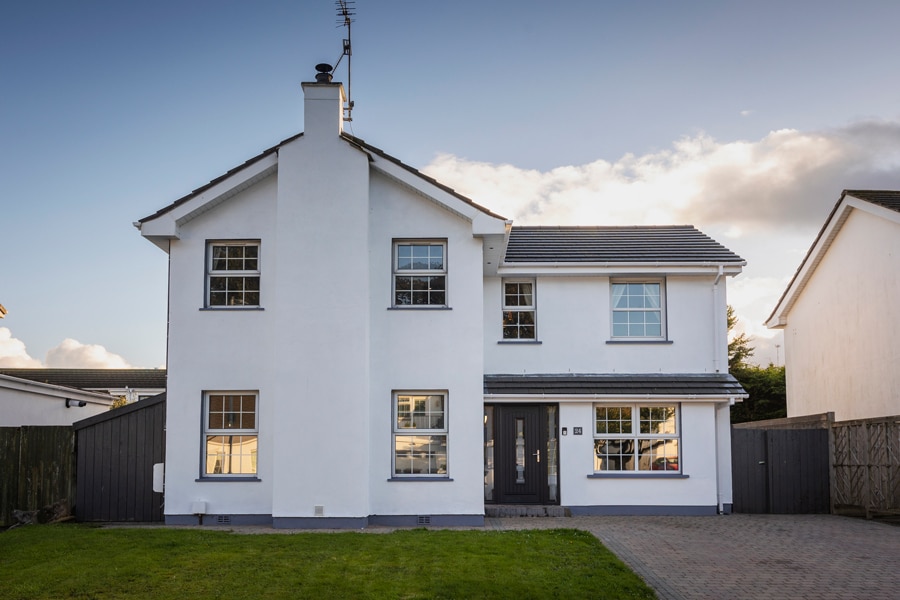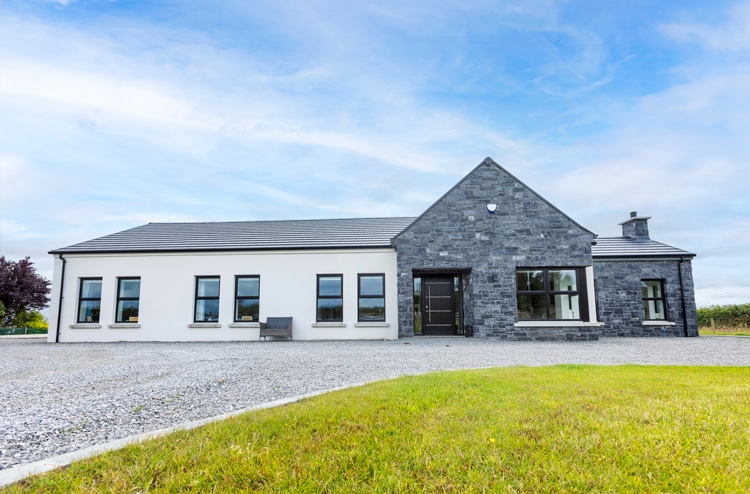How to shave hundreds of euros or pounds off your utility bills, thanks to energy saving tips from official sources.
In this article we cover:
- Low cost measures to reduce energy use
- What is the cheapest way to lower fuel bills
- What uses the most energy in the home
- How much you can save for each measure
- Easy ways to save energy in the home
- Grants and links to further information
A family of four could be spending as much as €25 per day on electricity, gas and home heating in ROI. That’s according to research from Queen’s University, which estimates that over a standard winter monthly billing period the total cost to run a household exceeds €700.
The biggest money pit in winter relates to having the central heating on for five hours a day, €11.40 per day or 46 per cent of the total. The researchers estimate the average household in Ireland could save a few hundred euros a year on their bills. Here are some thrifty ways to reduce your use today.
- Set the thermostat to 19degC in living rooms, 15-18degC in hallways and bedrooms. By lowering your home temperature by just one degree you can reduce the energy you use by 10 per cent.
- Service your boiler. Servicing your boiler is a necessity (carbon monoxide kills) and it will pay dividends too because it will run more efficiently. Check that no air is trapped in your radiators (bleed them with a radiator key) and use the correct time or volume setting to heat the water you need.
- Turn your heating off 30 minutes before you intend to stop using it.
- Draughtproof. Close doors to rooms that are not used very often, and find the source of cold draughts (windows, doors, letterboxes) and plug the gaps. Never block wall vents as they are essential for good air quality in your home.
- Set your hot water to about 60degC. If your water is being heated by a central heating boiler, fit a cylinder thermostat to moderate the temperature of the water. Consider installing an immersion timer to ensure you have hot water only when you need it. Ask your plumber for help and guidance on how to work or upgrade your boiler.
- Insulate your hot water cylinder if it isn’t already. Insulate hot water pipes with foam tubing, especially in unheated areas like the attic.
- Reduce showering time. A regular shower uses only 20 per cent of the energy it takes to heat the water for a full bath. However, pumped electric showers are still one of the biggest energy users in the home.
- Wash when machine is full and set to a low temperature. For both dishwasher and washing machine.
- Don’t leave the fridge door open for too long. It takes 45 minutes for the fridge to cool down to its original temperature afterwards.
- Unplug appliances when not in use.
Adapted from the ROI government leaflet Stay Warm And Well This Winter, gov.ie/reduceyouruse

The It All Adds Up energy saving campaign provides more energy savings tips for households in NI.
Low cost measures
- Save £100 a year by reducing the temperature your boiler heats water to (known as the boiler flow temperature) from 75degC to 60degC. This will not reduce the temperature of your home.
- Save £70 per year by turning appliances off at the plug.
- Save £70 a year by using your tumble dryer less. Save £40 a year by washing clothes at a lower temperature.
- Save around £60 a year by reducing heat loss with measures such as putting draught excluders around doors or by adding clear film across windows.
- Save up to £55 a year by switching to energy saving light bulbs.
- By closing your curtains and blinds, you can help stop warm air escaping and reduce heating costs, especially if you have radiators below your windows.
- If you have a smart meter, there are free apps such as Utrack by Uswitch that allow you to track your hourly energy use over days, weeks, months or years. This can help you find the best ways to reduce usage and save on your energy bills in a safe and manageable way. Smart meters provide automatic readings to your energy supplier, meaning an end to estimated bills and enabling easier budgeting. Contact your energy supplier to arrange a smart meter installation if you don’t have one already.
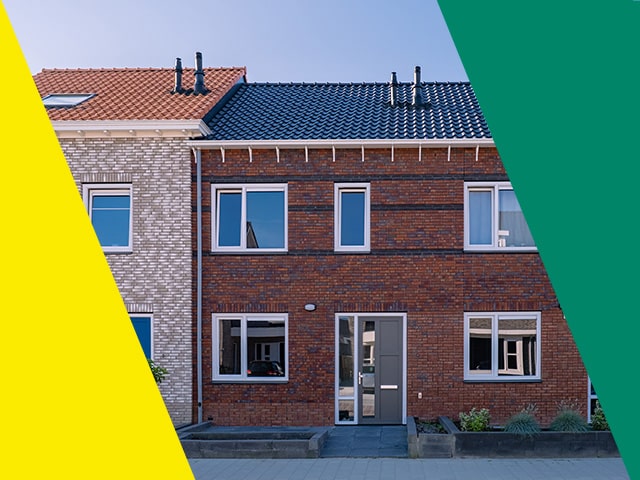
Spend to save measures
- Save up to £460 per year with insulation. Tackling the roof and loft is one of the most straightforward ways to increase insulation in your home. According to Energy Saving Trust, if you don’t have any, adding 270mm thickness could save you £355 a year. If you already have 120mm, increasing this to 270mm could save you £35 a year. Installing underfloor insulation
could save you £110 a year. - Save up to £455 per year by installing photovoltaic (PV) panels on your roof. These panels capture the sun’s energy and convert it into electricity that you can use in your home.
- Save up to £235 a year by upgrading to double glazing. It will also reduce cold draughts and sound pollution from outside.
- Save up to £70 a year by insulating your hot water cylinder.
- Save up to £60 a year by installing smart thermostats and heating controls.
- Upgrading to more energy efficient appliances could save on your energy bills. For example, upgrading from a C rated washing machine to an A rated one could reduce the energy you use to wash your clothes by 25 per cent.
- Replace your boiler. Although grants for heat pumps are not open to those living in NI you can get a grant to replace your boiler if your household income is less than £40k (upgrade from inefficient fossil fuel boiler to more efficient oil, gas or wood pellet). For those earning less than £20,000 the grant is £700 to replace the boiler or £1,000 if controls are also being installed. For those earning over £20,000 but less than £40,000 the grant is £400 for the boiler or £500 if controls are installed. To get the grant, you must receive written approval from the Housing Executive before you replace your old boiler.
It All Adds Up campaign is available on helpforhouseholds.campaign.gov.uk

